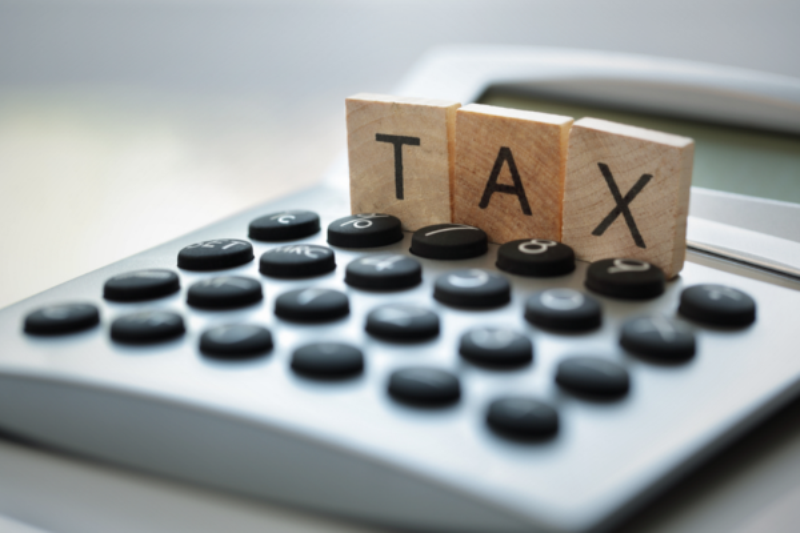- Lagos, Kaduna, Two Others to Expose Tax Defaulters
Lagos, Osun and Kaduna state governments as well as the Federal Capital Territory Administration have pledged to provide all transaction data required to identify tax defaulters to the Voluntary Assets and Income Declaration Scheme office.
The VAIDS office said on Wednesday that the data would be provided at the expiry of the first phase of the tax amnesty programme in March next year.
According to a statement, the VAIDS office expects states that provide all the required information to experience a sharp rise in their respective Internally Generated Revenues, as analyses of the obtained data will lead to considerable recovery of otherwise lost revenues and yield reliable information on eligible taxpayers.
The VAIDS office stated earlier this month that it had begun collection of data on the income and assets of high net-worth individuals and companies in Nigeria.
The office said useful data of all payments and receipts over N100m had been obtained from the Nigeria Customs Service.
It added that data on all beneficiaries of payments above N100m had been obtained from the Assets Management Corporation of Nigeria, the Federal Inland Revenue Service and the Nigeria Export-Import Bank.
According to the statement, vital information has also been mined from the Corporate Affairs Commission, Securities and Exchange Commission, National Identity Management Commission and land registries.
The VAIDS office said it was equally looking to derive more data from treasury bills, Nigerian Inter-Bank Settlement System, Integrated Payroll and Personnel Information System, Nigerian Civil Aviation Authority and payment platforms such as Remita.
“This is the first step in collecting intelligence that will provide information on corporate entities and individuals who may refuse to take advantage of the VAIDS. The data being collected is on individual and corporate liquid as well as fixed assets and income over the last five years, both within and outside Nigeria. Data collected will be profiled against tax payments made by such individuals and corporate entities,” the office stated.
The VAIDS, an initiative of the Federal Ministry of Finance, provides a time-limited opportunity for taxpayers with liabilities to regularise their tax status by truthfully declaring previously undisclosed assets and income.
According to the statement, taxpayers who take advantage of the window will avoid penalties and interest on taxes owed, tax audits and prosecution for tax offences.
The Federal Government expects, through the implementation of VAIDS, to generate $1bn, raise the country’s tax-to-GDP ratio from six per cent to 15 per cent by 2020, and provide improved tax education to boost voluntary compliance.

 Naira4 weeks ago
Naira4 weeks ago
 Naira4 weeks ago
Naira4 weeks ago


 Naira4 weeks ago
Naira4 weeks ago




 Naira3 weeks ago
Naira3 weeks ago
 Commodities4 weeks ago
Commodities4 weeks ago


 News4 weeks ago
News4 weeks ago


 Banking Sector4 weeks ago
Banking Sector4 weeks ago
 Travel4 weeks ago
Travel4 weeks ago
























